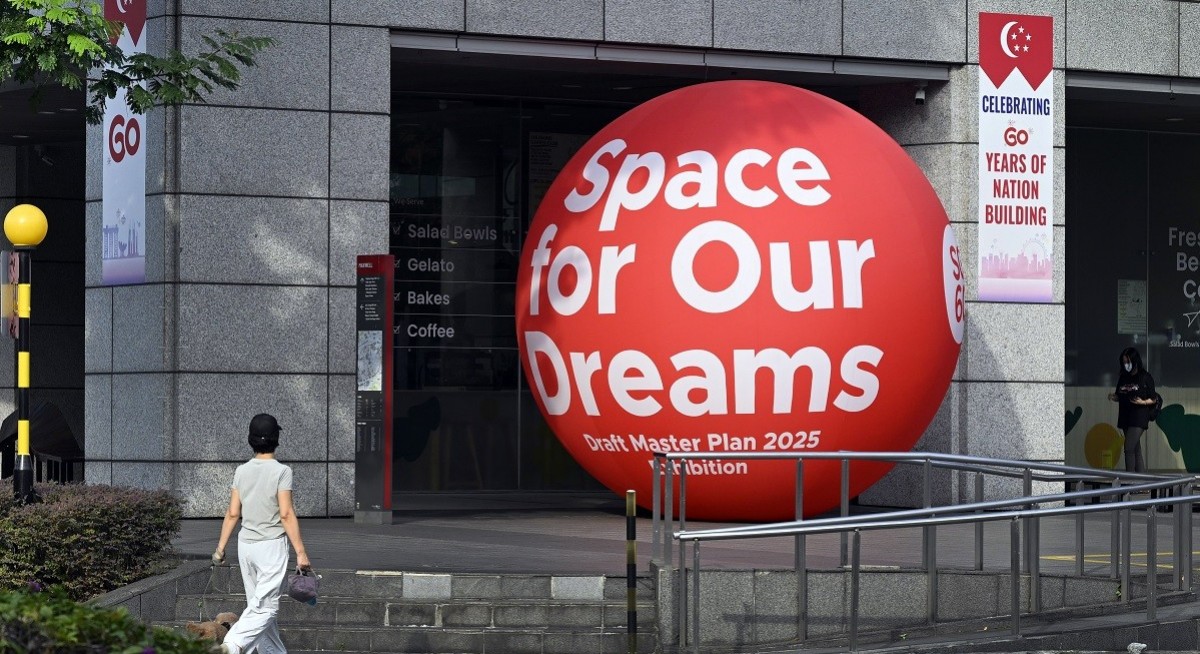Granted, a nation turning 60 isn’t the same as a person hitting the same milestone. One’s gearing up for the future, the other for retirement. Still, the parallels are hard to miss. Individually and as a country, there’s pride in how far things have come, despite a fair share of disappointments, inconveniences and setbacks.
At the same time, the challenges of maturity are inescapable. Rising cost of living, global competition, healthcare adequacy, and, more recently, the threat of AI to jobs, are common bugbears.
For those of us in our 50s, every year that brings us closer to our diamond jubilee and beyond carries a mix of pride and quiet concern. Every so often, the joy of milestones gets tempered somewhat by unease over how much it costs to keep up with life. Unless you’re part of the proverbial 1%, or even a tier or two below that, there appears to be more reason for concern than celebration.
Life in the so-called sandwiched class has never felt more compressed. Between supporting elderly parents and launching not-quite-independent children into the world, there’s barely room to breathe, let alone save.
See also: New workgroup to draw growth capital into Singapore
Forget about getting a brand-new set of wheels when your car hits the 10-year mark. Mind-bogglingly, a COE now costs more than what many grew up earning in a year. And stop trying to justify the need for a car by claiming it’s for ferrying elderly loved ones to the hospital for regular check-ups. The powers that be have consistently opposed the idea of COEs being allocated or discounted based on family circumstances. Between a private car owner and a private-hire driver, the latter deserves a COE more, so they tell us.
Healthcare isn’t any easier. Insurance premiums, already exorbitant, cost more as you age. Even insurers themselves have had enough. In June, Great Eastern halted advance approval for coverage at Mount Elizabeth hospitals, saying they charged much more than their peers in the private sector. So even if sickness spares you, your medical bills might not.
Indeed, nearly everything has gone up in price. Even the Straits Times Index (STI) has reached new highs, rising above 4,000 points for the first time. That’s a feat few saw coming, considering the local stock market has been in deep slumber for years. JPMorgan has even stuck its neck out to say the benchmark could hit 5,000 by the end of the year in the bull case.
See also: Singapore’s economy is on a roll, but for how long?
Amid the financial pinch, the Johor-Singapore Special Economic Zone (JS-SEZ) offers a glimmer of hope. Singapore brings capital, stability and know-how, while Johor offers land, labour and low costs.
For businesses and burdened professionals in their 50s, the JS-SEZ could be a welcome panacea. Imagine setting up in Johor, keeping the headquarters in Singapore, and saving on all kinds of overheads while staying in the same time zone. That’s an arbitrage play many mid-life professionals can actually appreciate.
For now, however, the realities of rising costs, flat wage growth and shrinking wallets will continue to bite. That said, even as staying afloat ranks front and centre, there’s something just as important for us folks in our 50s: health preservation. Yes, balancing our investment portfolio still makes sense, but doing the same for our cholesterol and blood pressure matters more as the clock ticks.
Singapore turning 60 mirrors this personal reckoning. The nation is still ambitious and continues to run like clockwork, but appears to have become less fixated with growth at all costs. While GDP matters, it’s no longer the sole barometer of growth or indicator of whether the country has arrived.
Sustainability is no longer a buzzword or concept but the currency of long-term survival. Businesses will come and go, markets will rise and fall, but health? That’s something that can’t be mismanaged or left to chance.
The next chapter for Singapore should therefore be less about chasing speed records and more about building lasting strength. In that sense, this diamond jubilee is as much a health check as it is a celebration.
Singapore has proven it can do many things well and even outperform its rivals. The real test is whether it can keep its pulse steady without burning out before the next big milestone.




